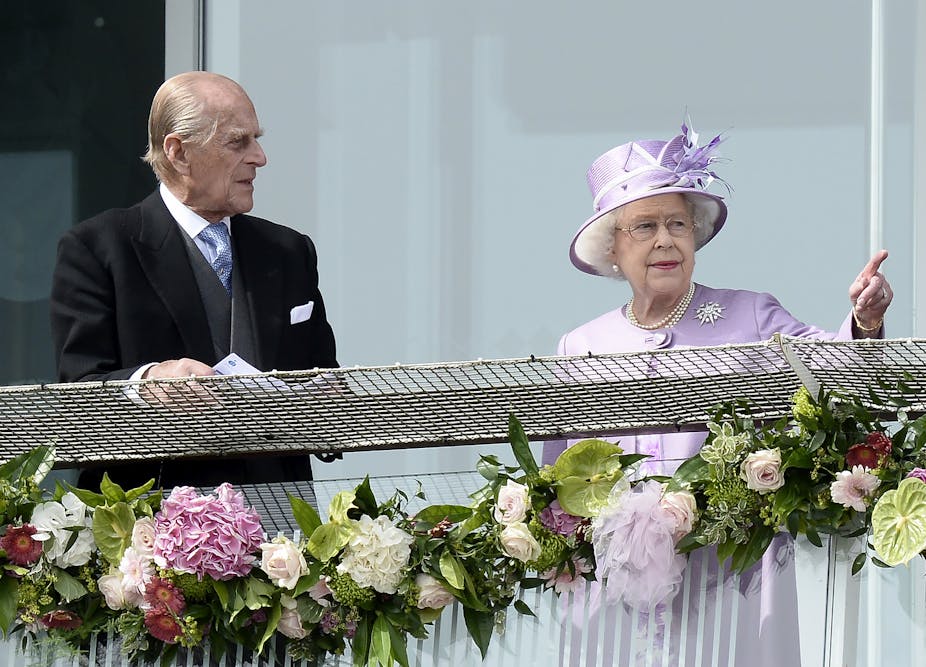Exciting news from the world of horseracing: the Queen’s racehorse Estimate has tested positive for morphine. With the Lance Armstrong and Tyson Gay doping scandals fresh in their minds, reporters are eagerly anticipating a similar story with a royal twist. However, the truth is likely to be rather more prosaic than the headlines might suggest.
The British Horseracing Authority (BHA), the sport’s UK regulator, has a highly efficient and effective anti-doping and medication policy. All horses registered to race in the UK are potentially subject to testing before racing, immediately after racing, or at any time while they are in training. All racehorse trainers are aware that a team of BHA vets could arrive unannounced, at any time of any day to sample their horses.
The BHA will perform 1,500 tests on samples from racehorses in 2014. Sampling is done randomly but also on an “intelligence-led” basis. Recent history suggests that less than 0.2% of samples will prove positive for prohibited substances. Horseracing in the UK is a very clean sport.

In any case, the vast majority of positive dope tests in racehorses are eventually traced to accidental contamination of feed. This could mean stable staff giving veterinary medication to the wrong horse, or inadvertent contamination of horse foodstuffs.
Poppy seeds, frequently used to decorate bread or as a food ingredient, contain sufficient morphine to cause a positive dope test, although not to get high. This was recently demonstrated by the governor of a south London prison who was keen to investigate why a high proportion of his inmates were testing positive for this drug. He ate poppy seed bread and promptly failed a drug test.
It is well known within the racing world that a cluster of positive test results has occurred recently. The substance detected was morphine, or a morphine derivative, and that the likely source of this was contaminated horse feed. Poppies are frequently found growing in cereal crops and, without sufficient controls on produce quality, can cause sufficient contamination to show up as positive on the highly sensitive tests performed when screening for prohibited substance. The Queen’s racing adviser, John Warren, said initial indications were that it was this contamination which caused the positive test.
It is to the credit of the racing industry, and the BHA in particular, that it is being open and transparent about these findings and that the incident is being thoroughly investigated in order to understand the causes.
So, no conspiracy, no republican plot to discredit the royal family and almost certainly not an attempted betting coup to supplement the Civil List. The real story here is that horseracing in the UK is a responsible and highly regulated sport, using ultra-sensitive analytical methods to monitor compliance with anti-doping regulations. Surely it is to the credit of the industry that even the most famous, highest profile names in the sport can’t escape detection, even if the infringement was entirely accidentally?

